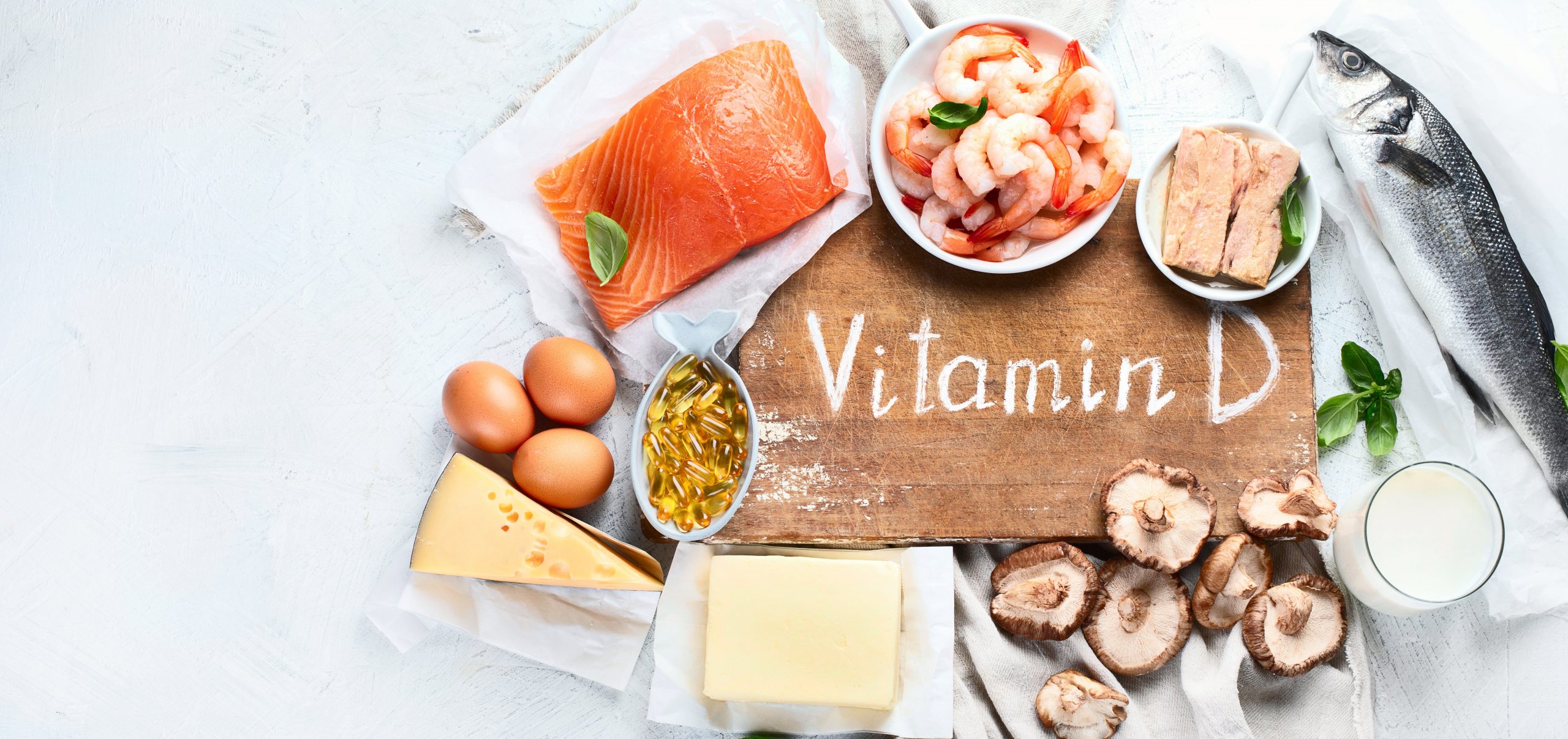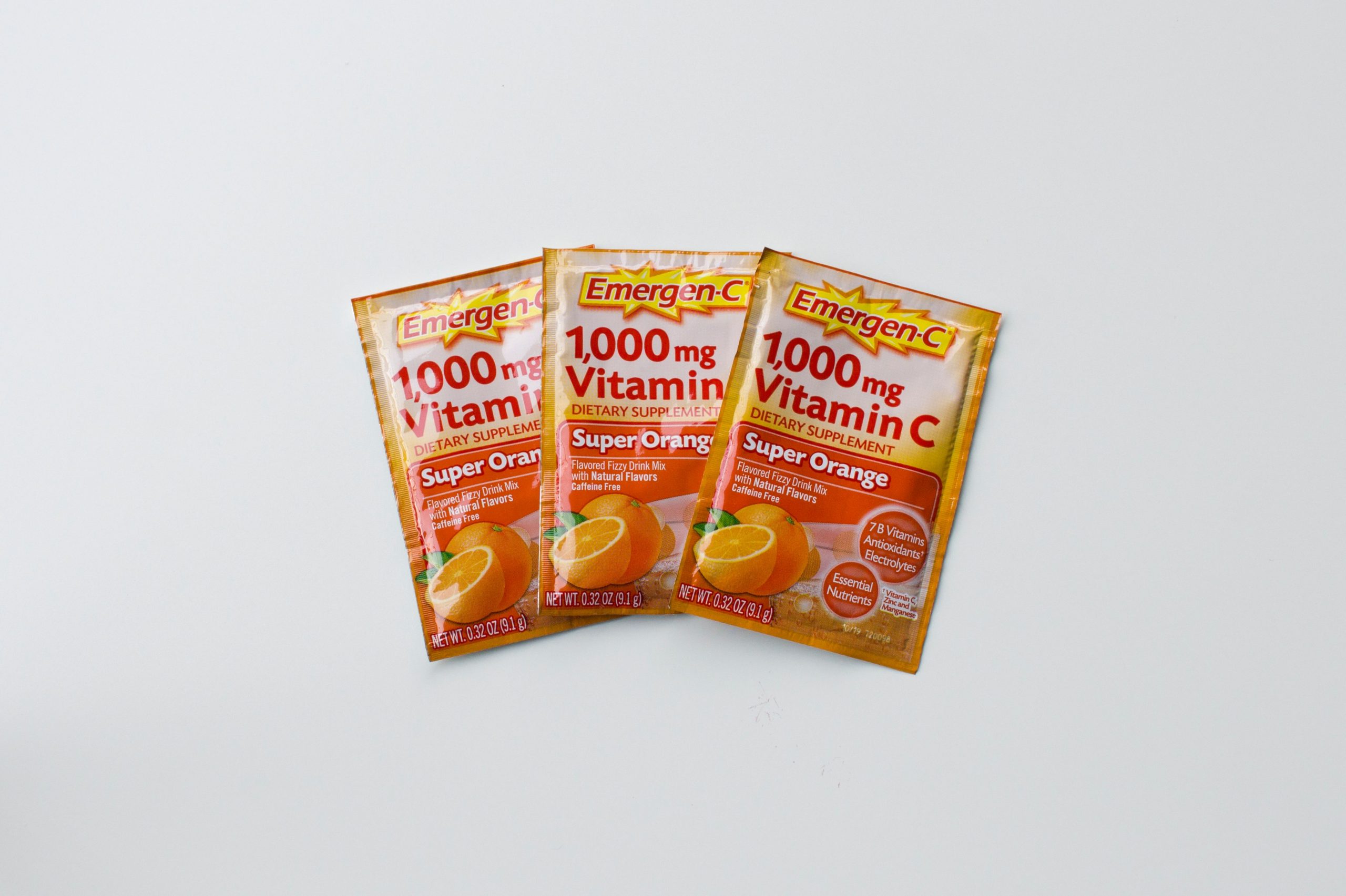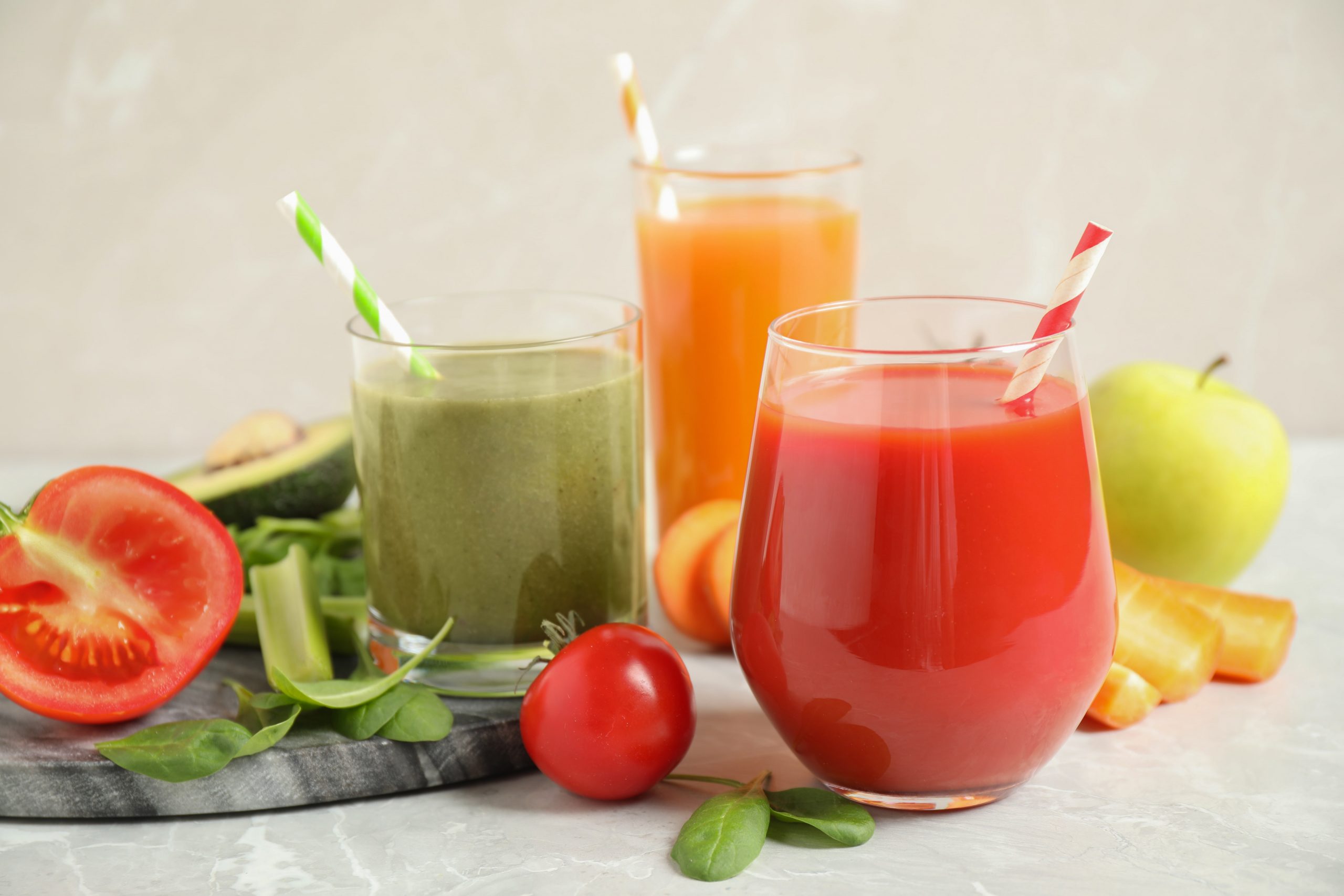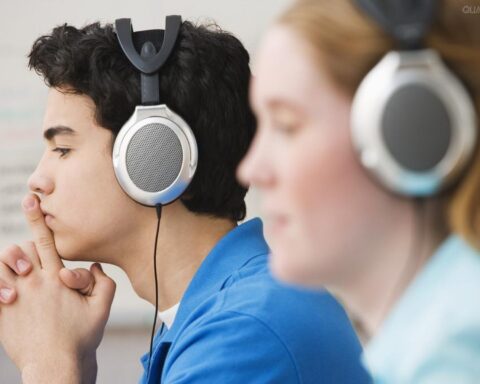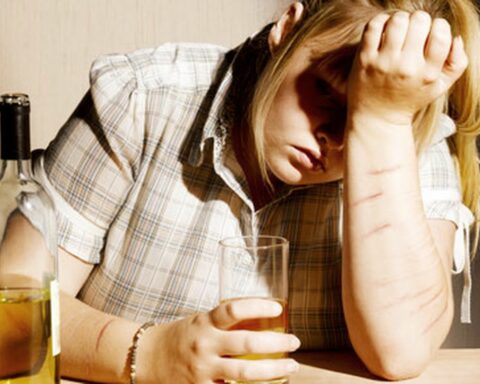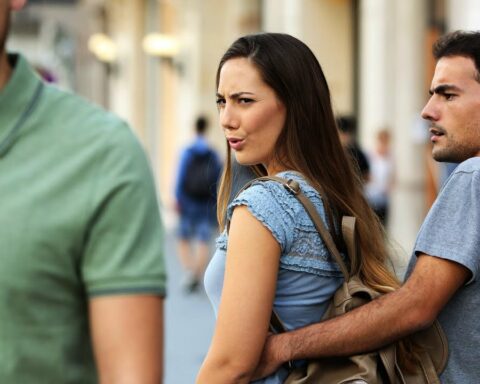1. What are some ways to be less insecure?
- Improving your confidence
- Talking positively about yourself.
- Always thinking you are the best.
2. What is insecurity? Where does it come from?
Insecurity describes having an inadequate feeling about yourself, implying you are not good enough. It comes from self-talk that is negative and a lack of self-esteem.
3. How do people develop insecurities?
Most people develop insecurities after comparing themselves to others. It may be as a result of being different from the rest and perceive it negatively or thinking they are not where they should be.
4. What are examples of insecurities?
Social insecurity
It originates from how our peers perceive us. It can go on and on, later resulting in social anxiety disorder accompanied by loneliness and reduced self-esteem.
Body insecurity
Body image is a common insecurity where someone feels insecure about their looks. It can be health wise or physical appearance.
5. How can you heal your insecurities?
By first identifying the causes of your insecurities to help move past them.
6. How can you become more confident?
I recommend self-acceptance and accepting mistakes. Thereafter, it is best to practice self-care techniques that will improve self-love.
7. Can you list some strategies for becoming less insecure?
I recommend the following;
Social networks
Create meaningful connections with coworkers, family, and friends. Research proves that such relationships can help lower anxiety and other insecurities. Most individuals who detach from others because of insecurities possibly develop mental problems. Other tips include;
- Release people and circumstances that cause more insecurities.
- Never avoid your emotions, confront them.
- Appreciate any progress and feel proud, regardless of the magnitude.
- Eye Spy: Worldwide Eye Color Percentages - April 19, 2024
- Elevate Energy, Soothe Stress, And Peak Performance with The New UNBEETABREW Coffee Sensation - September 21, 2023
- Chef Bob’s Coffee: A Journey Fueled by Passion - July 29, 2023


